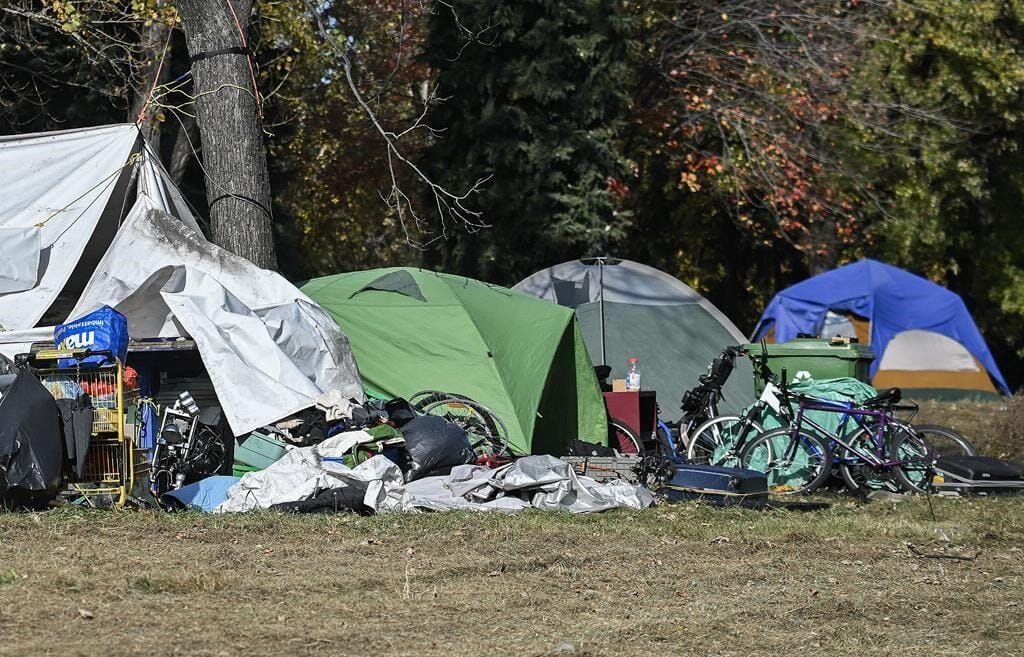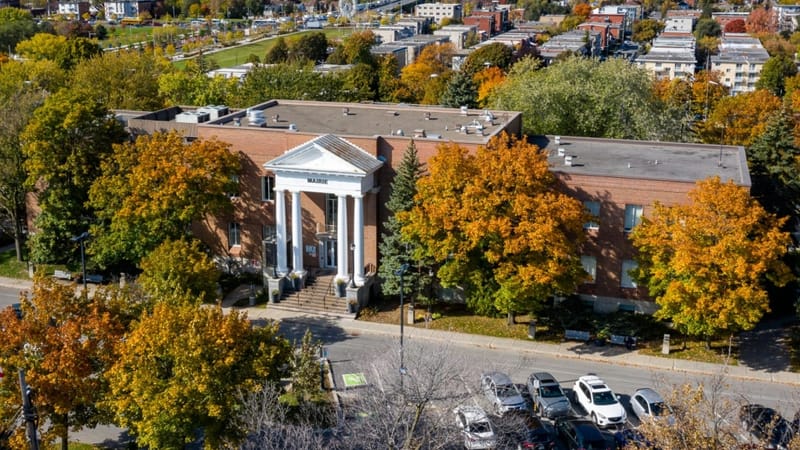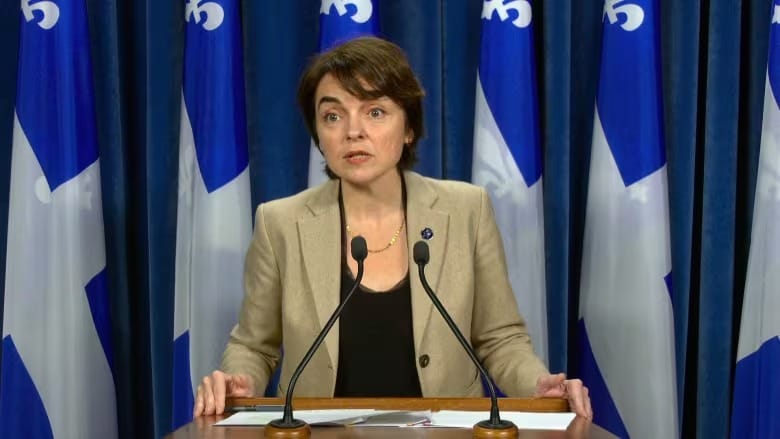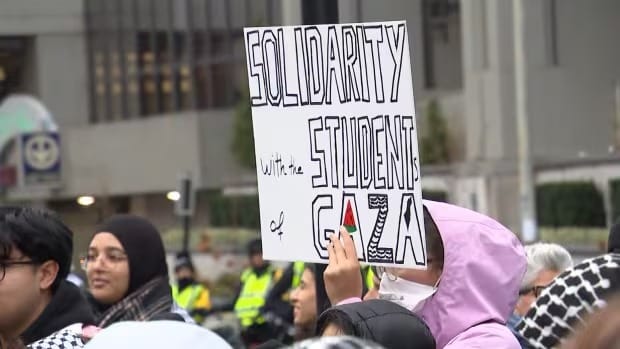Montreal city councillors table motion to declare state of emergency on homelessness
“We feel that we've reached a really critical point,” Craig Sauvé, one of the councillors behind the motion, said in an interview.

As winter's chill approaches Montreal, two independent city councillors are urging the city to pass a motion declaring a state of emergency over homelessness.
The motion, which is set to be voted on Monday, calls for immediate action, including mobilizing all available resources to house people experiencing homelessness and requisitioning private accommodations to provide shelter before the winter sets in. It also proposes increasing funding for shelters and requesting additional financial support from the provincial and federal governments to help cover the costs.
“There’s an urgency to ensure we have enough beds and shelter spaces to keep people alive and housed,” said Craig Sauvé, one of the councillors behind the motion. “We’ve reached a critical point.”
Serge Sasseville, the other city councillor, emphasized that the issue of homelessness has seen ongoing blame-shifting between different levels of government. “Now it's time for Montreal to take leadership, act, and protect its citizens,” he added. Sasseville criticized the Quebec government as “grossly incompetent” and accused the City of Montreal of offering more words than action in addressing the crisis.
Referring to the exceptional powers granted by the Act Respecting Civil Protection to Promote Disaster Resilience, Sauvé pointed out that declaring a state of emergency would not be unprecedented, citing the city’s use of emergency powers to requisition shelter spaces during the COVID-19 pandemic. According to the act, municipalities can declare a state of emergency for up to 10 days in the event of a present or imminent disaster if normal procedures do not allow for the immediate actions necessary to protect human life. Sauvé noted that the emergency could be easily extended, just as the COVID-19 pandemic did not have a foreseeable end when the emergency was first declared.
Montreal’s regional health authority, which tracks shelter spaces, reported that the city currently provides 1,835 spaces—more than 100 more than at this time last year. The goal is to reach 2,102 spaces by December, but the authority also noted that nearly all shelters are operating at full capacity.
A City of Montreal spokesperson responded by stating that “several other measures can be deployed rather than using this tool at this time” and that the city is prepared to build more modular housing units. The spokesperson also noted that Montreal has never declared a state of emergency for homelessness.
Earlier in November, Montreal Mayor Valérie Plante called on the Quebec and federal governments to finalize a deal to release $100 million pledged to help provide shelter and support for the homeless. The Quebec Health and Social Services Department responded by saying it has allocated nearly $410 million over five years to address homelessness in the province, and that discussions regarding the $100 million for Montreal are ongoing.
James Hughes, president and CEO of Old Brewery Mission, expressed support for the state of emergency declaration. David Chapman, executive director of Resilience Montreal, also backed the idea, explaining that such a move could help community groups provide more shelter for the unhoused. “Without accessible, warm, safe places for people to go into winter, the result will be a significant increase in homeless deaths,” he said, noting the rising number of fatalities linked to fentanyl use among Montreal’s homeless population.
However, Chapman pointed out that even if the motion passes, residents in many Montreal neighborhoods are often opposed to the creation of homeless shelters or subsidized housing in their areas.
If Montreal approves the motion, it would join a growing number of Canadian cities that have declared a state of emergency in recent years. Edmonton passed a homelessness and housing emergency motion in January, while Toronto and Hamilton also declared similar emergencies in the spring of 2023.





